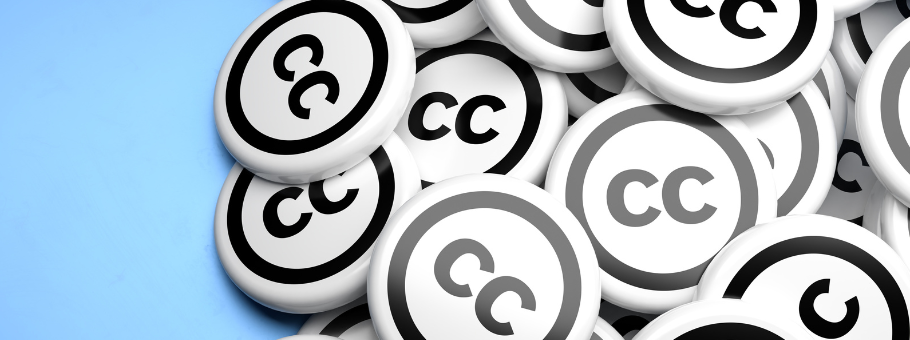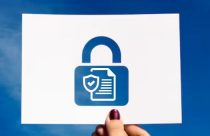Unlocking Knowledge Responsibly: Why licensing matters in open science?

Every year, Open Access Week reminds us of a simple but transformative idea: knowledge should be shared freely to accelerate discovery and innovation. Open science the practice of making research outputs accessible, transparent, and reusable depends on more than just free access. It thrives on clarity, collaboration, and responsible sharing. At the heart of this ecosystem lies a crucial but often overlooked element: licensing.
But with so many options available, researchers often hesitate: Which license is right for my article? My dataset? My preprint? That’s where knowledge makes the difference. Understanding how licenses work helps protect your intellectual contributions while enabling others to benefit from them responsibly.
To mark Open Access Week 2025, we’ve created a short video that demystifies research licensing. It explores:
-
The link between open science principles and open licensing.
-
The most common types of Creative Commons licenses and what they mean in practice.
By watching, you’ll learn how something as practical as a license can strengthen global collaboration, enhance trust in research, and expand your work’s reach far beyond the paywall.
Choosing the right license aligns your research values with how you want your work to circulate. For instance, a Creative Commons Attribution (CC BY) license allows for wide distribution and adaptation with proper credit to you. This option is favored by most open-access journals and funders, ensuring your work can inform new analyses, educational resources, and even public policy. Meanwhile, more restrictive licenses like CC BY-NC (Non-Commercial) or CC BY-ND (No Derivatives), can be ideal if you want to prevent commercial exploitation or unapproved modifications.
Licenses are much more than fine print. They’re a way of shaping how research circulates through society. In the context of global challenges like climate change, pandemics, digital misinformation, openly licensed research isn’t just more visible; it’s more actionable. When scientists, policymakers, or educators can readily reuse verified findings, open science becomes a powerful engine for collective problem-solving.
Licensing determines how others can use, adapt, and build upon your research. When you publish your paper, dataset, or code openly, a license tells the world what’s allowed and what’s not. Without one, your work is automatically protected by copyright law, meaning others technically can’t reuse it without permission. Ironically, this can limit the very openness you aim to achieve.
Open science is about releasing it responsibly. When we choose the right licenses, we make open research sustainable, ethical, and truly inclusive. Let’s use this Open Access Week to reaffirm the shared mission of open knowledge: creating a world where everyone, everywhere, can learn, build, and innovate from the discoveries we share.









